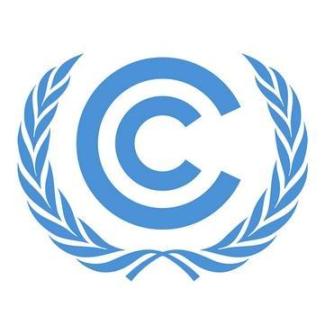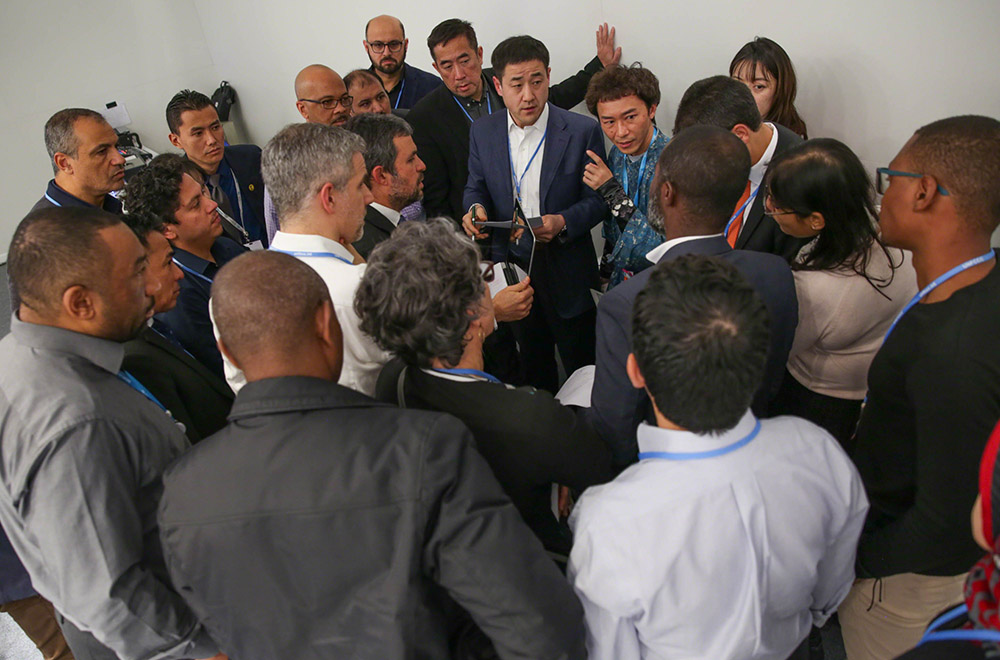
As the first week of COP 25 draws to a close, members of the G-77/China huddle during an informal consultation to try reach agreement.
The Chile/Madrid Climate Change Conference concluded its first week in a flurry of discussions over the various issues due for completion before the subsidiary bodies close on Monday. Success was mixed. The subsidiary bodies will have “clean,” or agreed, decisions to consider for national adaptation plans and the Poznan strategic programme on technology transfer. After protracted negotiations, delegates agreed to a decision on research and systematic observation, which addresses global cooperation on climate monitoring and data. Negotiations continued well into the night on loss and damage, another technology item, transparency, and the review of the long-term global goal.
Delegates were unable to find agreement on several issues, including common time frames and agriculture. In many cases, parties hoped that discussions among heads of delegation could resolve the issues by bringing together the few parties that remain in disagreement. The imminent arrival of ministers adds some pressure, as negotiators expressed a reluctance to bring all these unagreed texts to the political level.
Delegates working on Article 6 (market and non-market mechanisms) waited throughout the day for the next iteration of the texts. Discussions on these were scheduled to start late in the evening, but were eventually postponed until Monday, 9 December. Many expect this issue to go to ministers. Uncertainty remains about what elements could be decided on at COP 25, and which ones would require additional time to create more detailed guidance on certain methodologies.
The COP Presidency held an open dialogue between parties and observer organizations. COP 25 President Carolina Schmidt emphasized the need to bring together all actors to catalyze more ambitious commitments and action. Observers used the opportunity to discuss the broader picture, and multiple crises the world faces. Trade Union NGOs warned of “social tipping points” that, when crossed, undermine peoples’ support for climate policy. Environmental NGOs pointed out the looming environmental tipping points. Indigenous Peoples’ Organizations called for real, not “token,” engagement with traditional knowledge in the search for solutions. Also seeking wider inclusion, Youth NGOs called for making science available to all and supporting the participation of observers from developing countries. In the context of three workshops on energy, transport, and human settlements, the Marrakech Partnership for Global Climate Action also underscored the important role of science. Several of the speakers discussed how to foster credible, science-based solutions that are effective and profitable. The intersection of those interests, particularly in the energy sector, were stressed as key to unlocking climate ambition by all.
For more details on the day’s negotiations and to hear what delegates said in the corridors, see our daily Earth Negotiations Bulletin (ENB).
Informal Consultations Throughout the Day
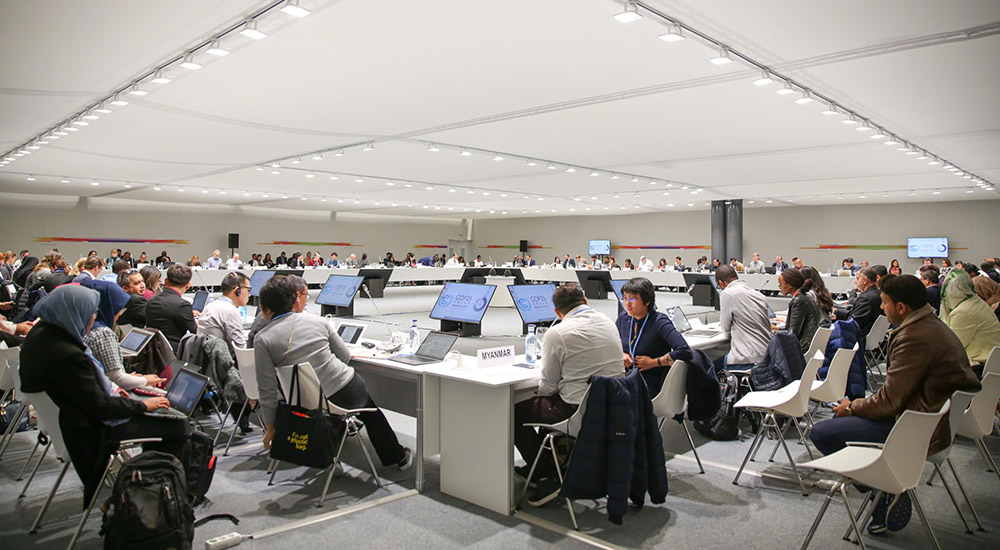
SBSTA informal consultations on outlines of the biennial transparency report, national inventory document and technical expert review report.

Informal consultations on the Adaptation Committee report.
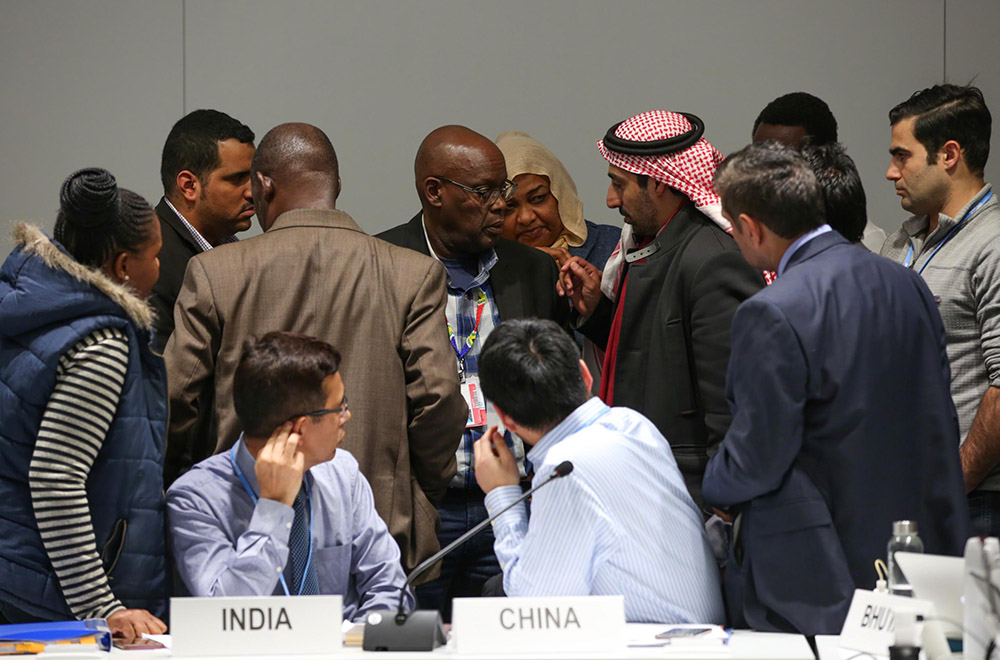
SBI/SBSTA informal consultations on the development and transfer of technologies: joint annual report of the Technology Executive Committee and the Climate Technology Centre and Network.
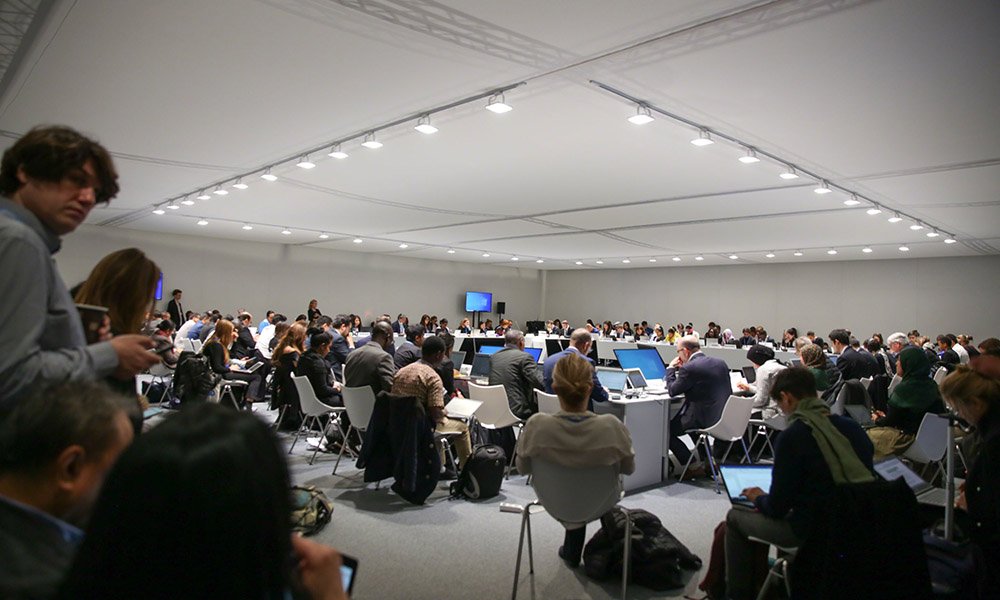
The room is filled to capacity as the SBI/SBSTA informal consultations on the Warsaw International Mechanism for Loss and Damage associated with Climate Change Impacts (WIM) and the 2019 review of the Mechanism continue.
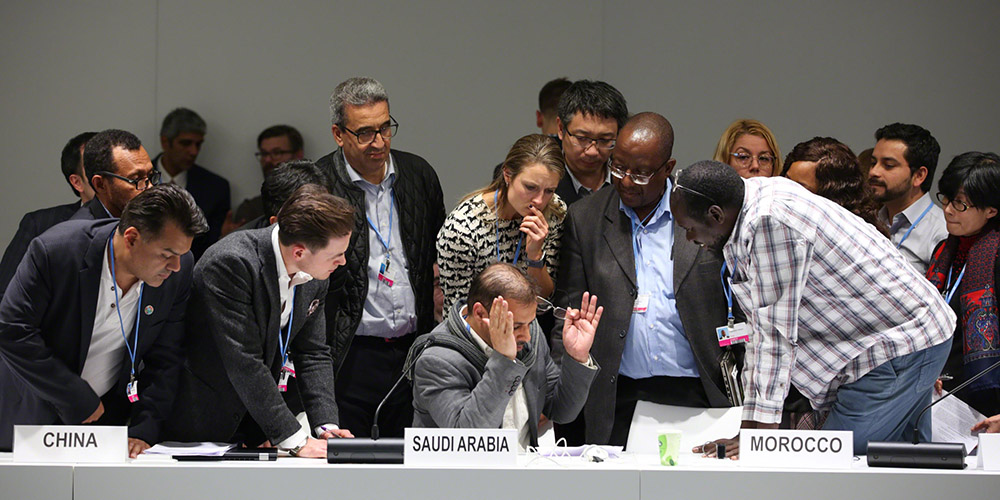
Delegates huddle during the SBSTA informal consultations on research and systematic observation.
Open Dialogue Between Parties and Observer Organizations
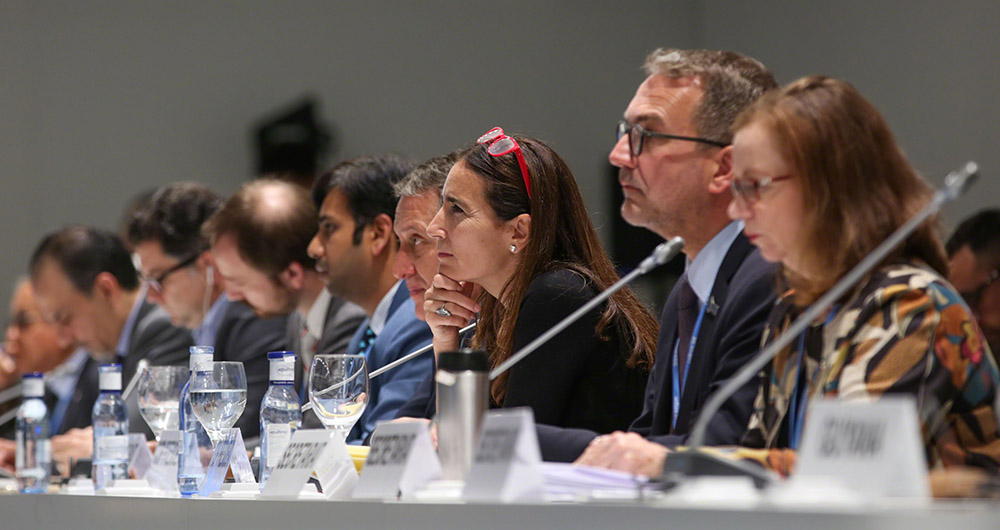
Carolina Schmidt, COP 25 President, Chile
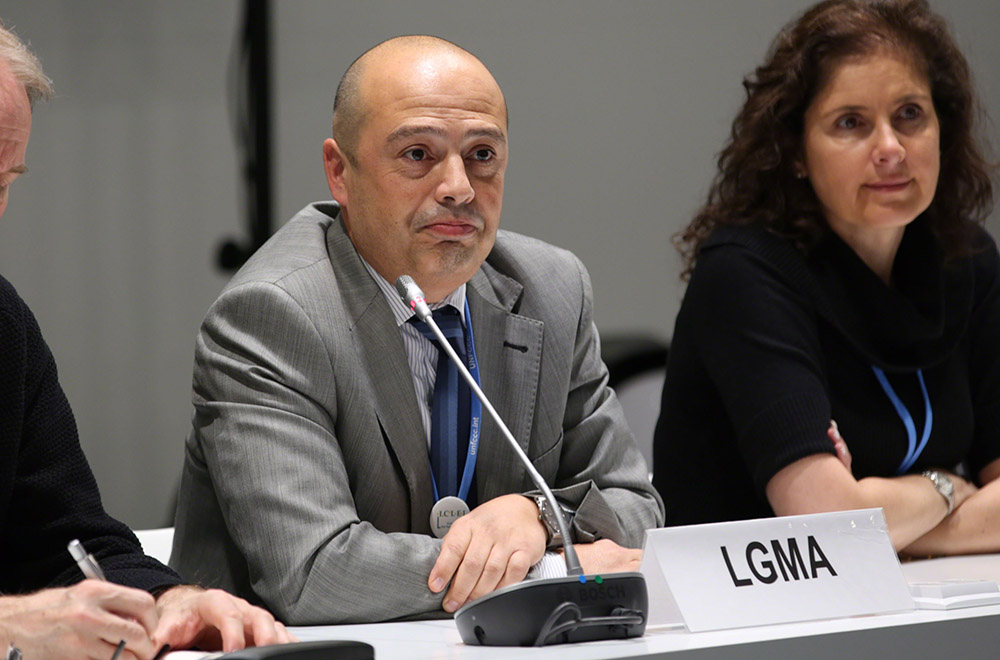
Yunus Arikan, Local Governments and Municipal Authorities (LGMAs)
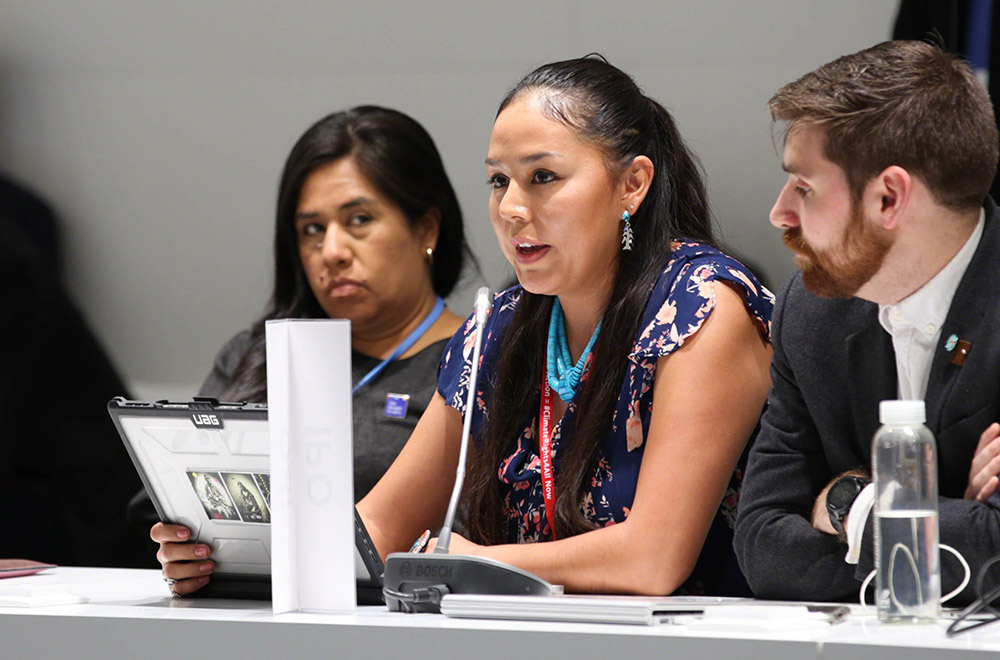
Janene Yazzie, Indigenous Peoples' Organizations
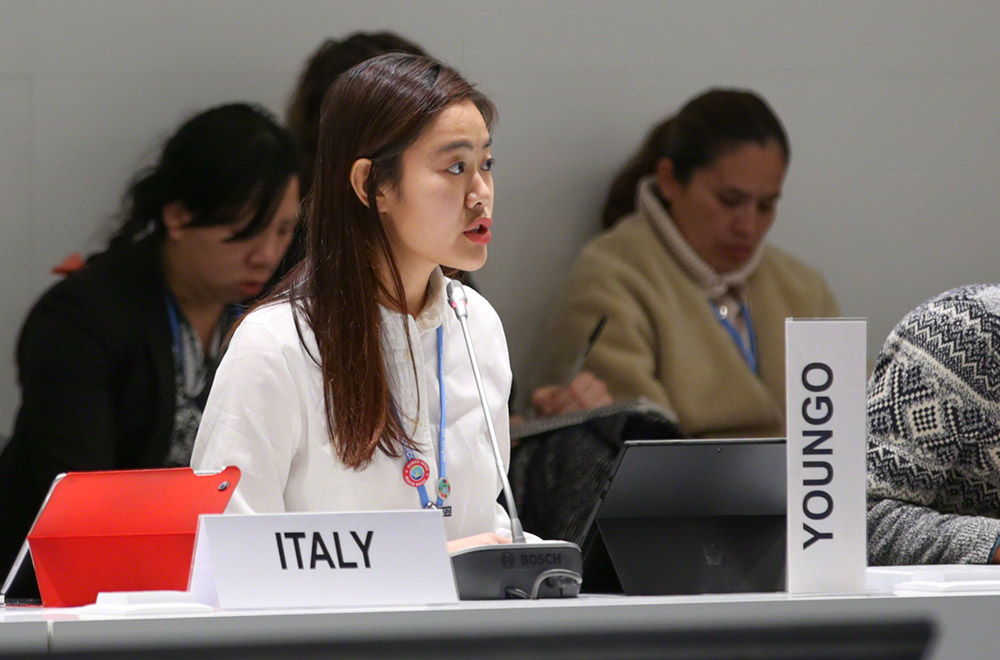
Natalie Sum Yue Chung, Youth NGOs (YOUNGO)
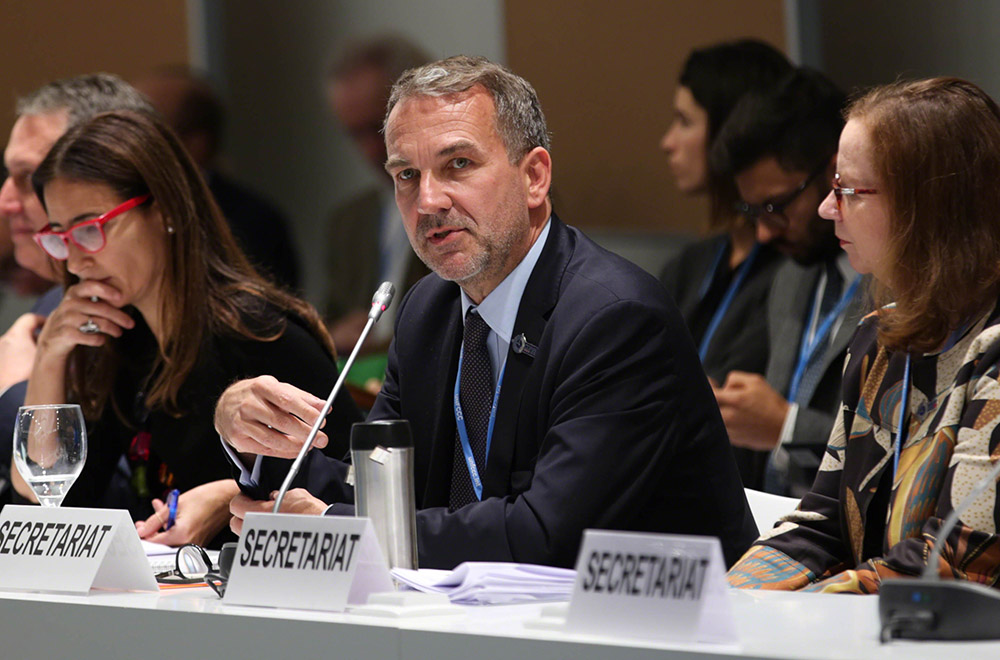
Martin Frick, UNFCCC Secretariat
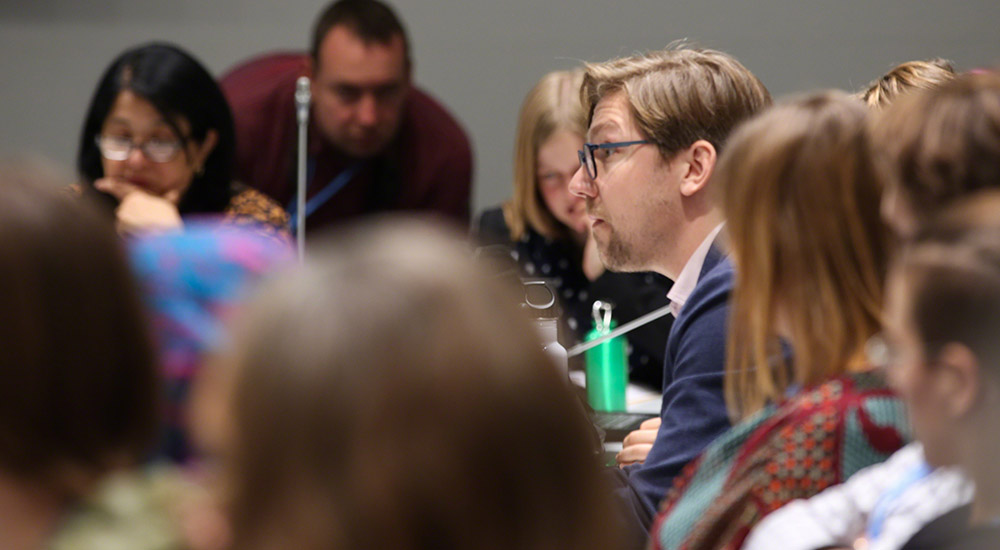
Tobias Gräs, Farmers
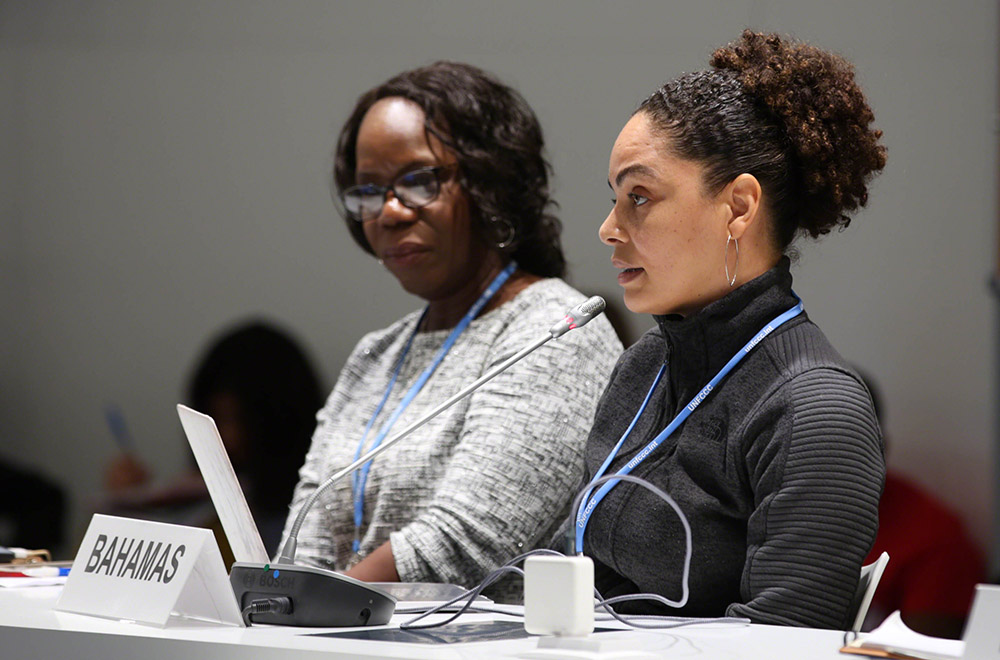
Adelle Thomas, the Bahamas
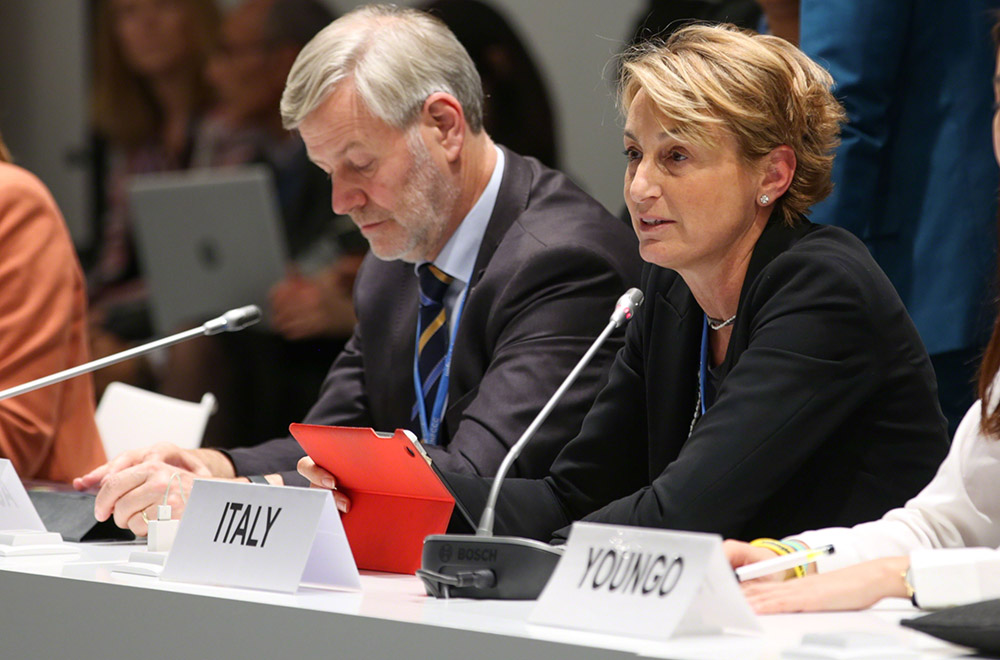
Federica Fricano, Italy
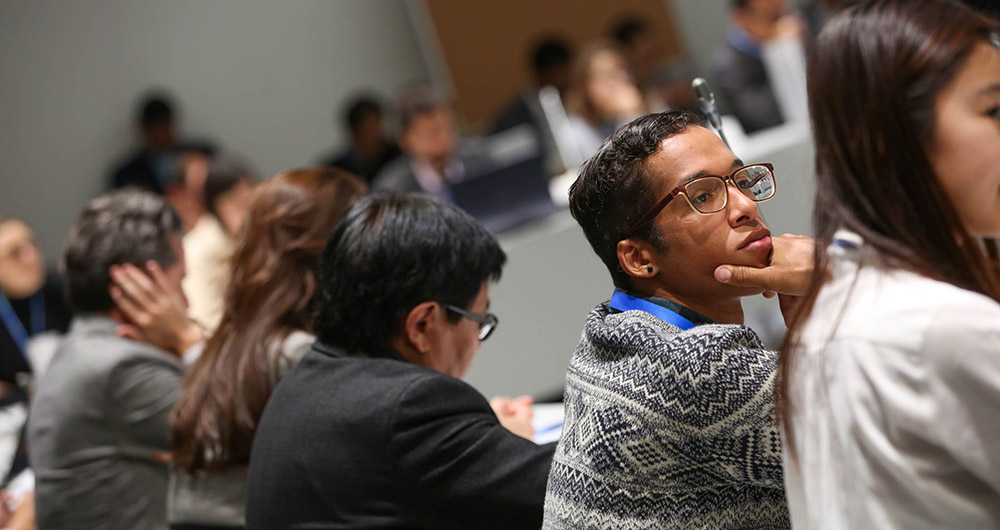
Multilateral Assessment
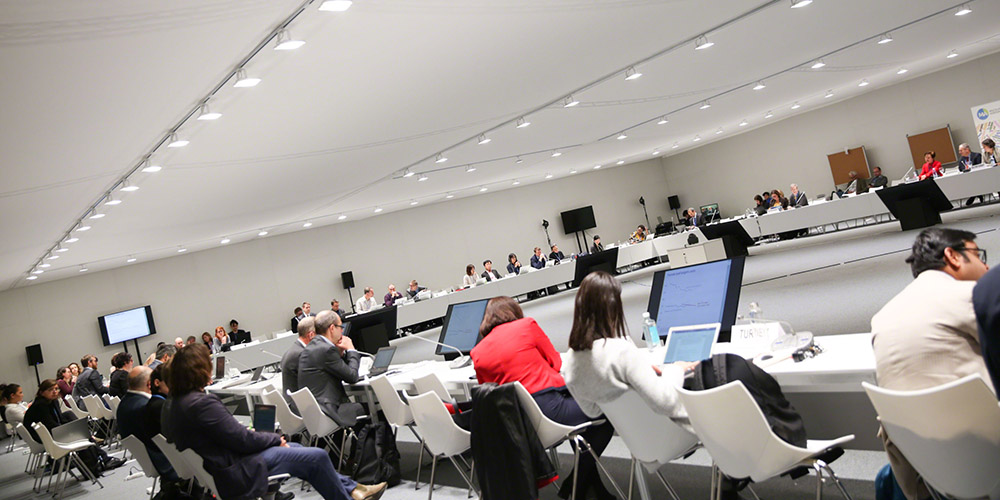
The first working group session of the Multilateral Assessment took place with presentations from Austria, Belgium, Bulgaria, Cyprus, Greece, and Kazakhstan.
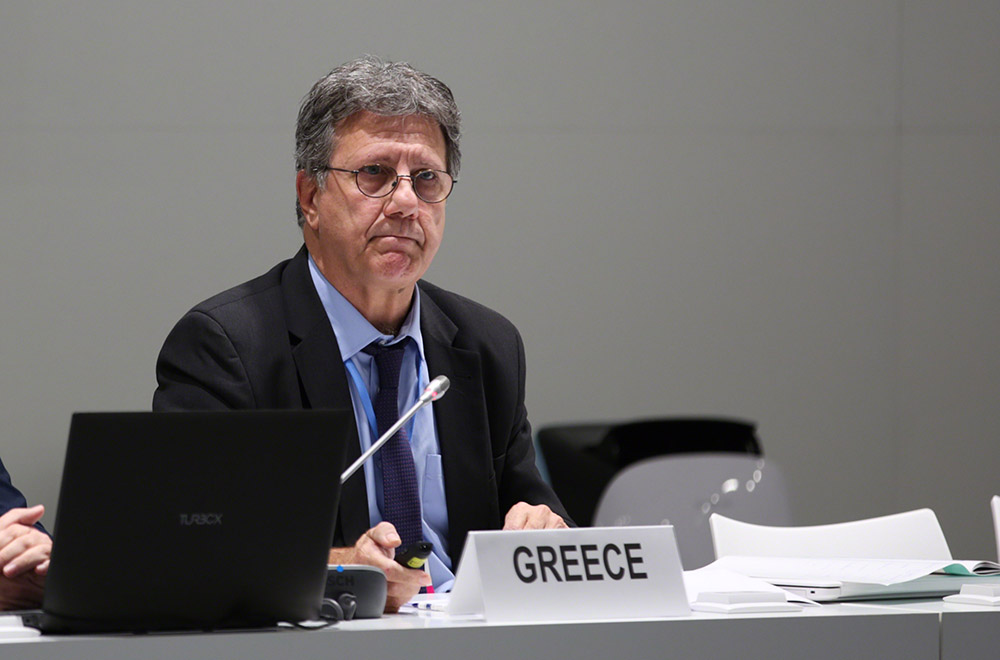
Kyriakos Psychas, Greece
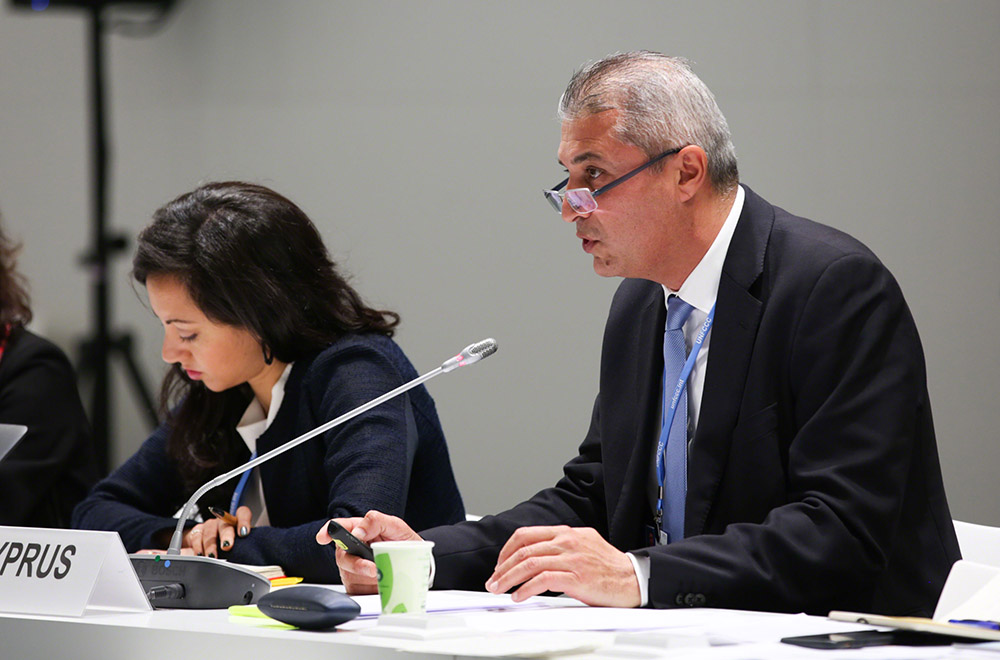
Theodoulos Mesimeris, Cyprus
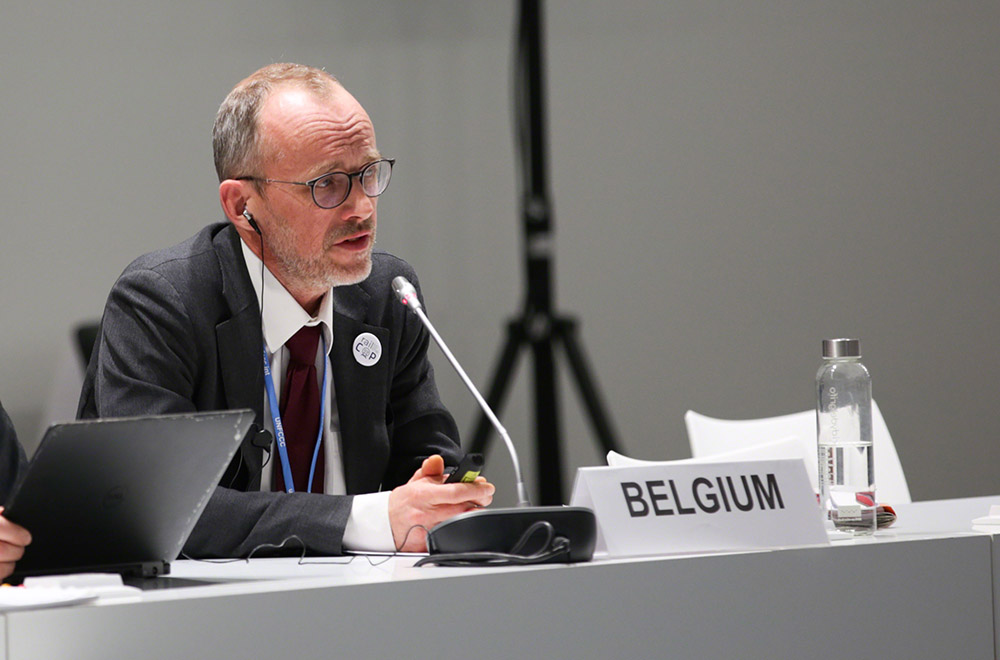
Peter Wittoeck, Belgium
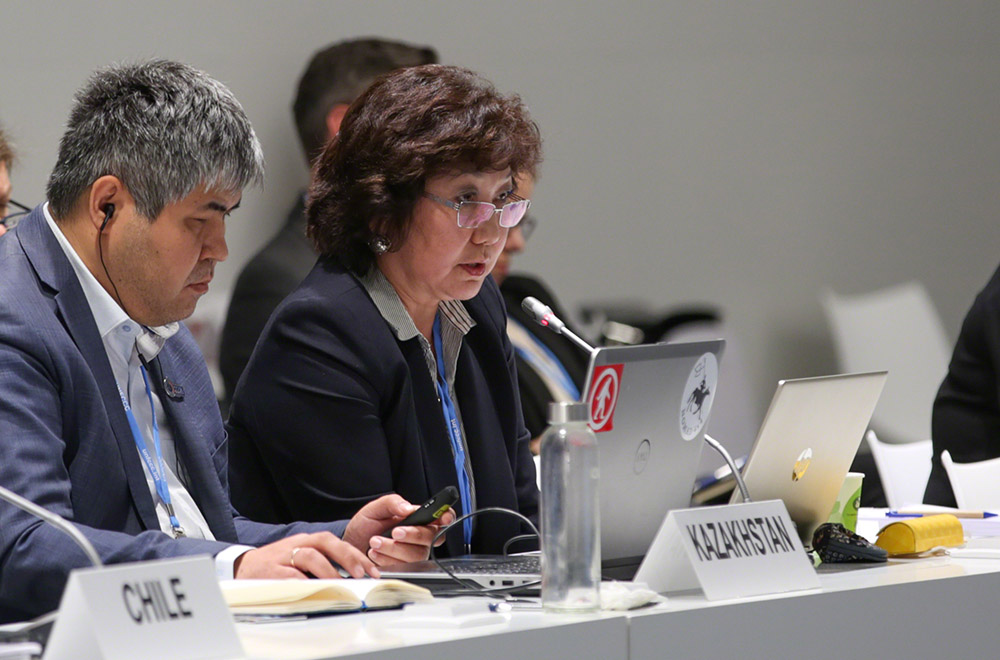
Gulmira Sergazina, Kazakhstan
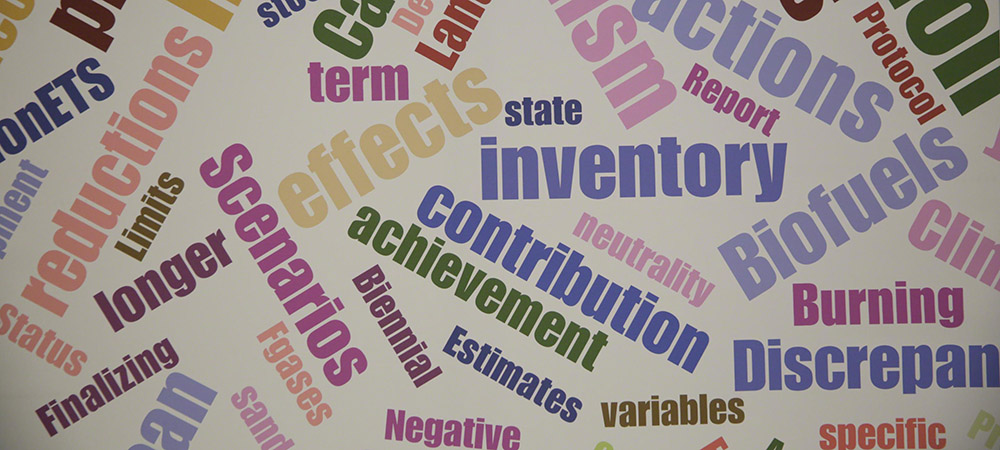
Marrakech Partnership for Global Climate Action - Energy
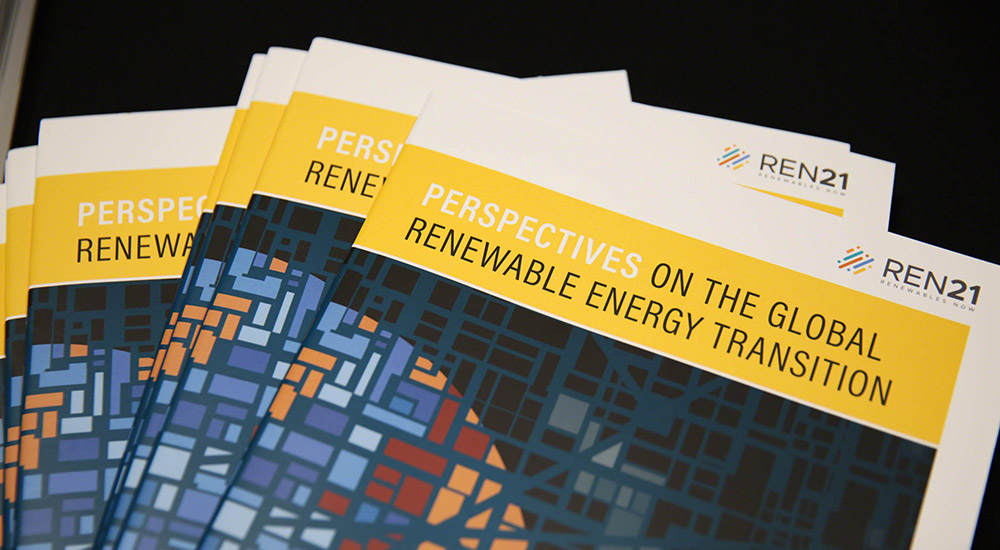
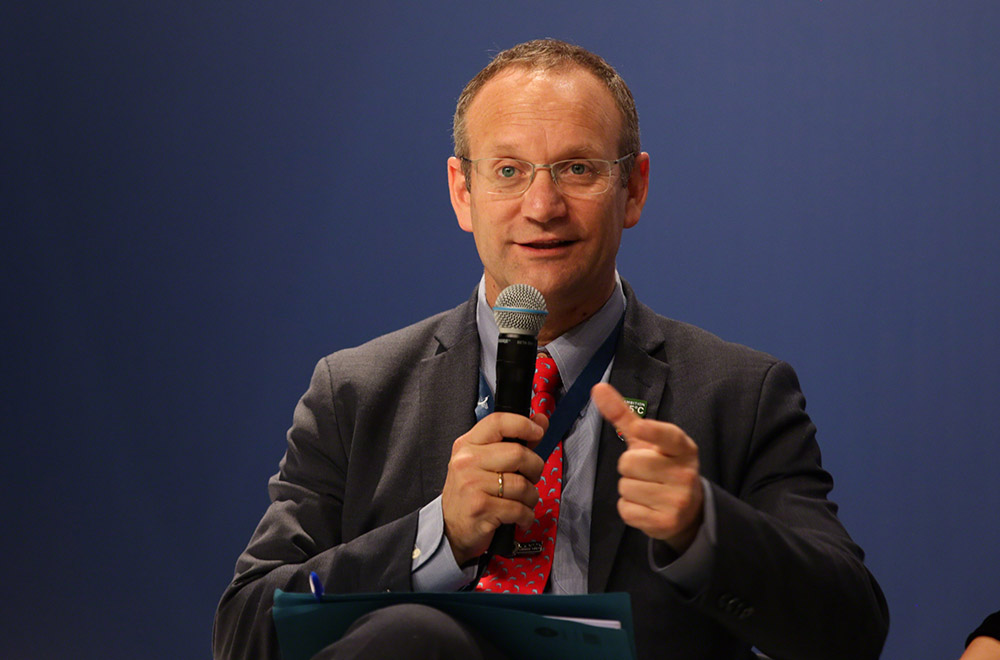
Gonzalo Muñoz, COP 25 High-Level Champion, Chile
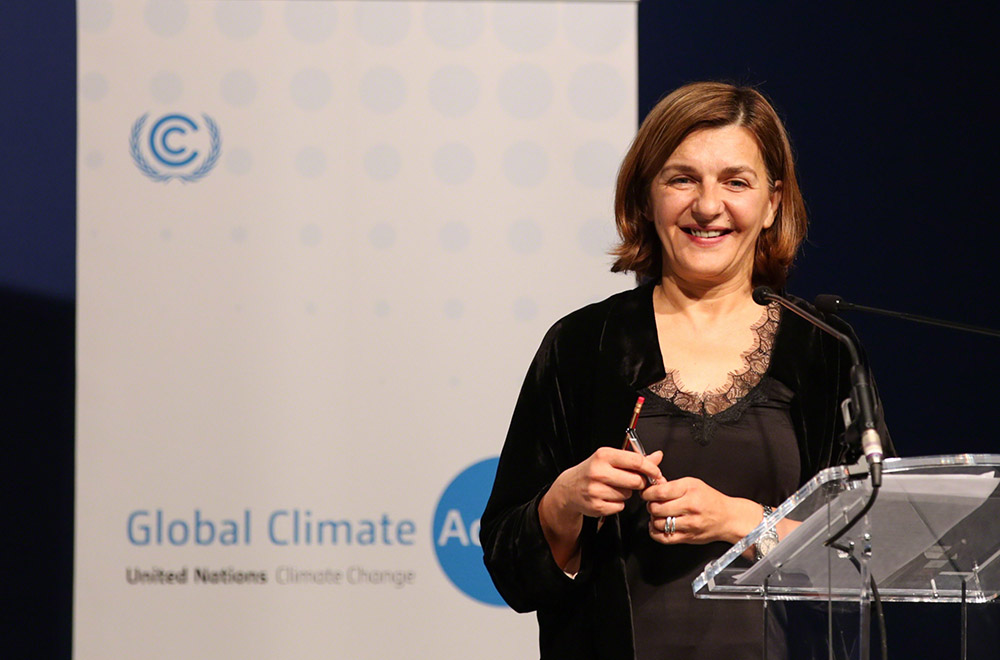
Elizabeth Press, International Renewable Energy Agency (IRENA)
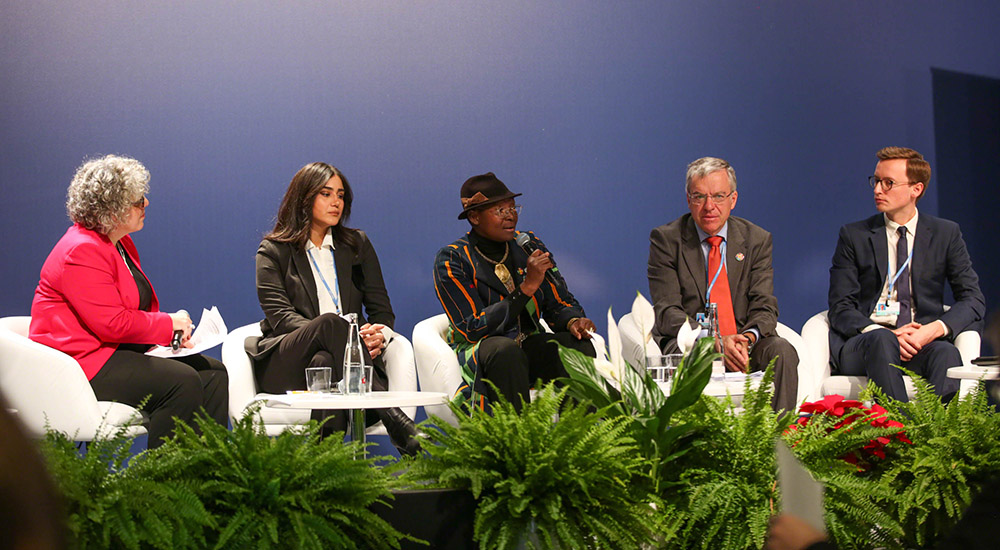
Panel speakers (L-R): Rana Adib, REN21; Fatima Zahra El Khalifa, Cluster Solaire; Princess Abze Djigma, Abze Djigma Foundation; José Donoso, Spanish Photovoltaics Association; and Karol Gobczyński, INGKA Group.
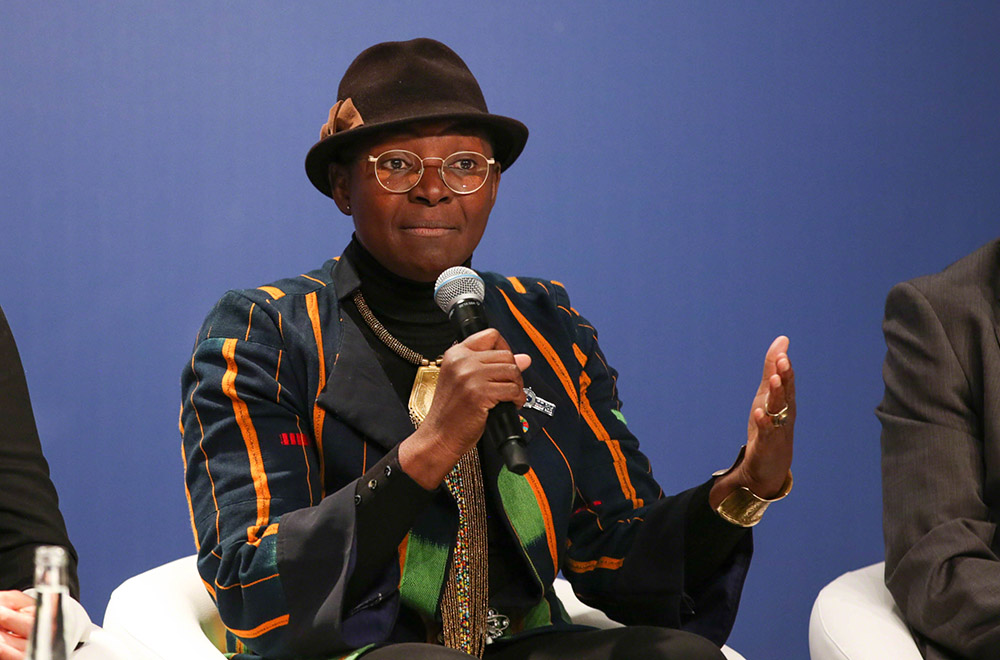
Princess Abze Djigma, Abze Djigma Foundation
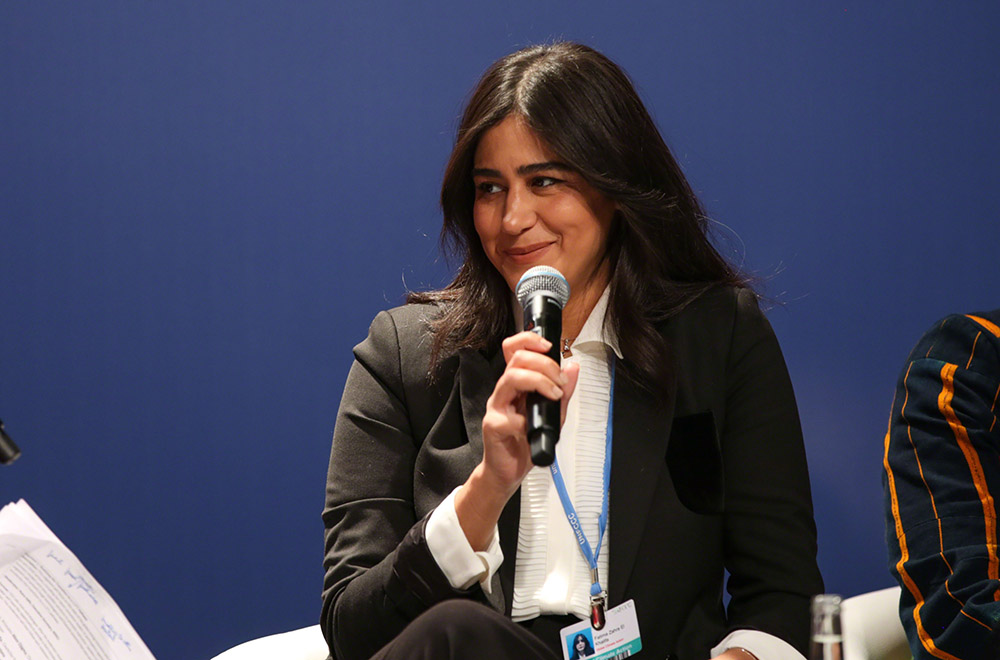
Fatima Zahra El Khalifa, Cluster Solaire
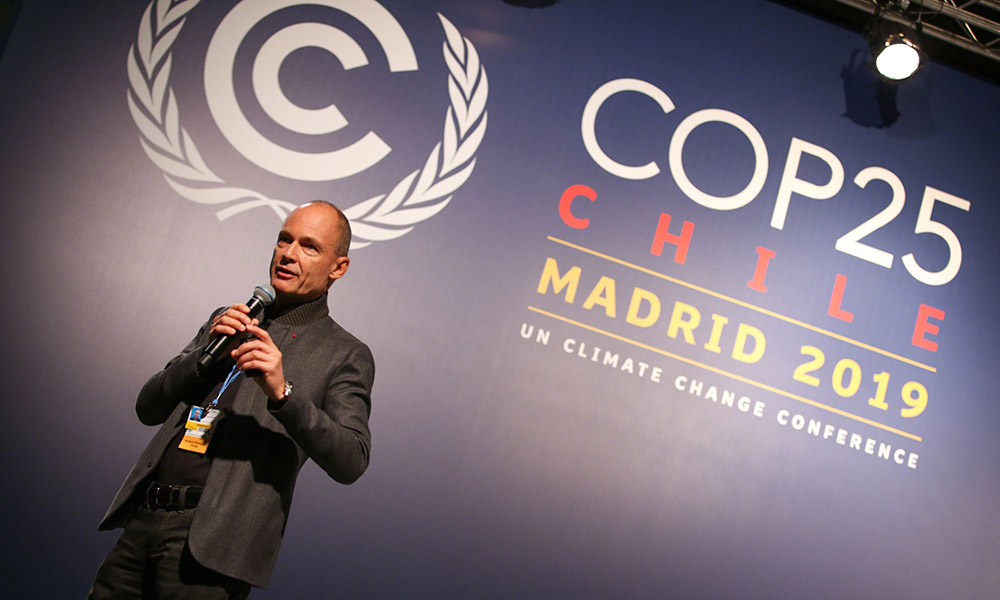
Bertrand Piccard, Solar Impulse Foundation
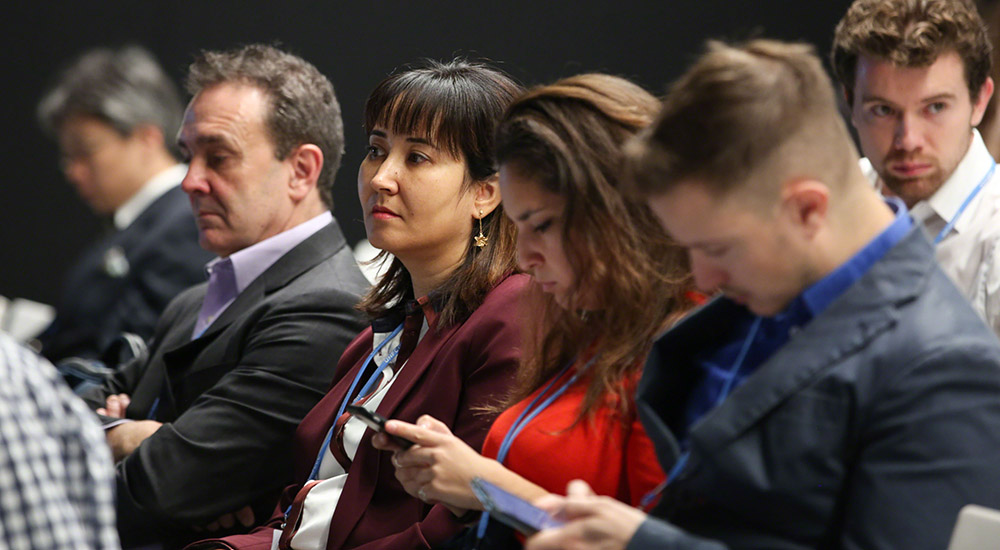
Local Governments and Cities Day
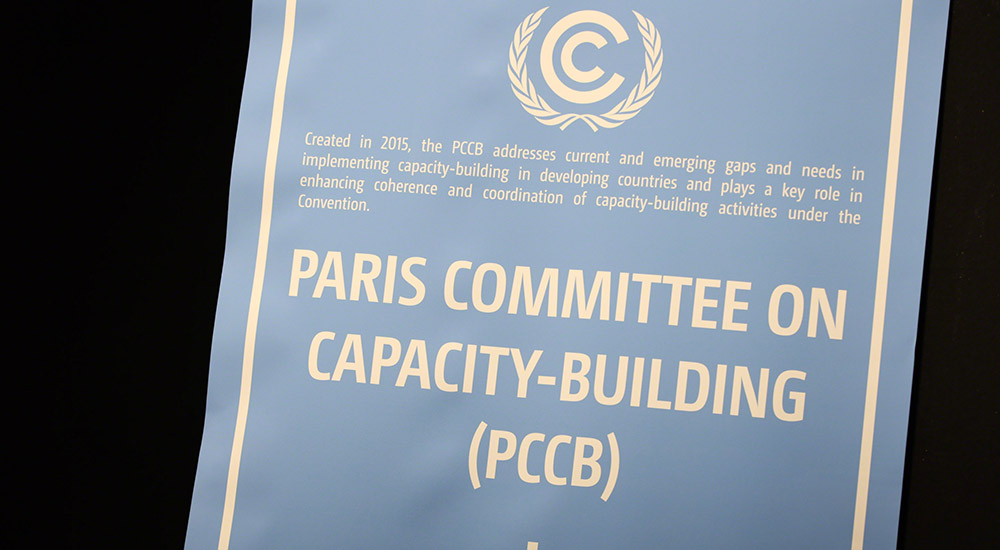
The Local Government and Cities Day took place at the Paris Committee on Capacity-building (PCCB) hub to highlight the important role of local governments in combating climate change.

High-level panel during the opening session (L-R): Emani Kumar, ICLEI Regional Director for South Asia; Simone Raskob, Deputy Mayor, City of Essen, Germany; Eve Crowley, Deputy Regional Representative for Latin America and the Caribbean, Food and Agriculture Organization of the UN (FAO); Maimunah Mohd Sharif, Executive Director, UN Human Settlements Programme (UN-Habitat); and Martin Frick, UNFCCC Secretariat.
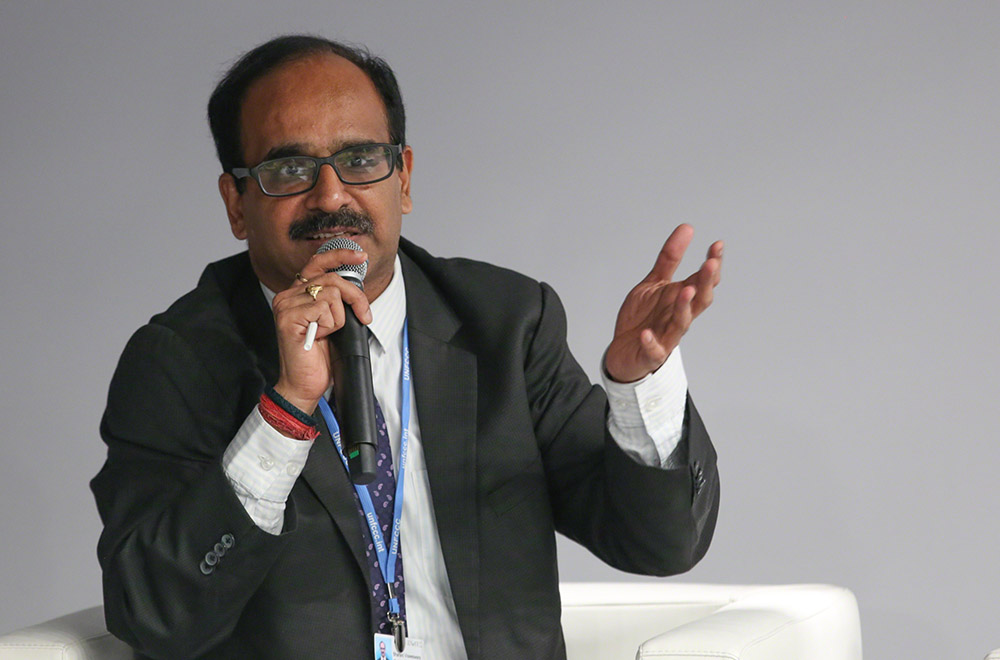
Emani Kumar, ICLEI Regional Director for South Asia

Maimunah Mohd Sharif, Executive Director, UN-Habitat
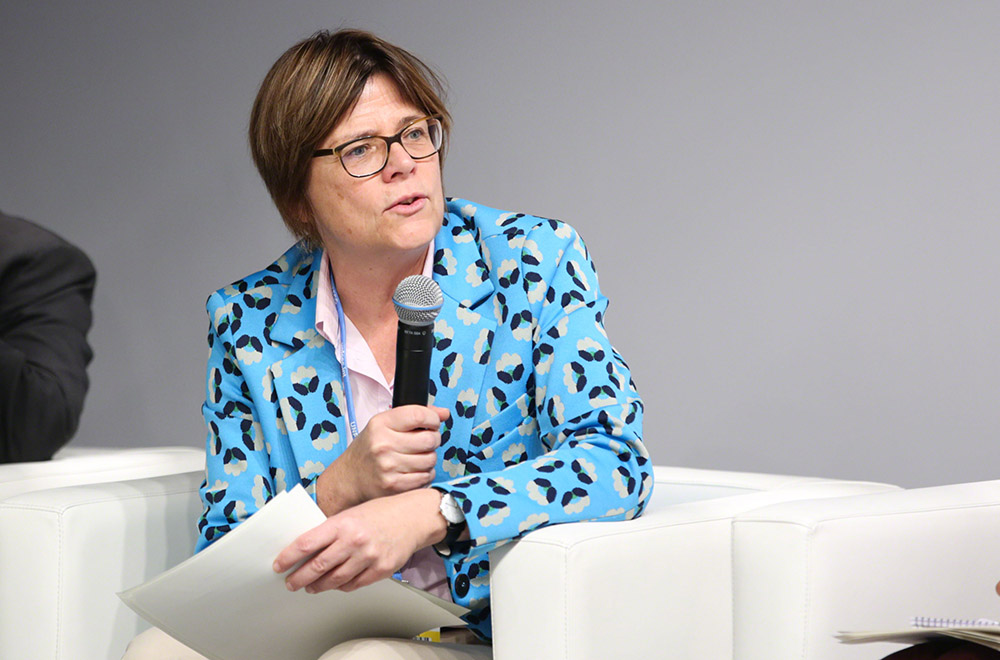
Simone Raskob, Deputy Mayor, City of Essen, Germany
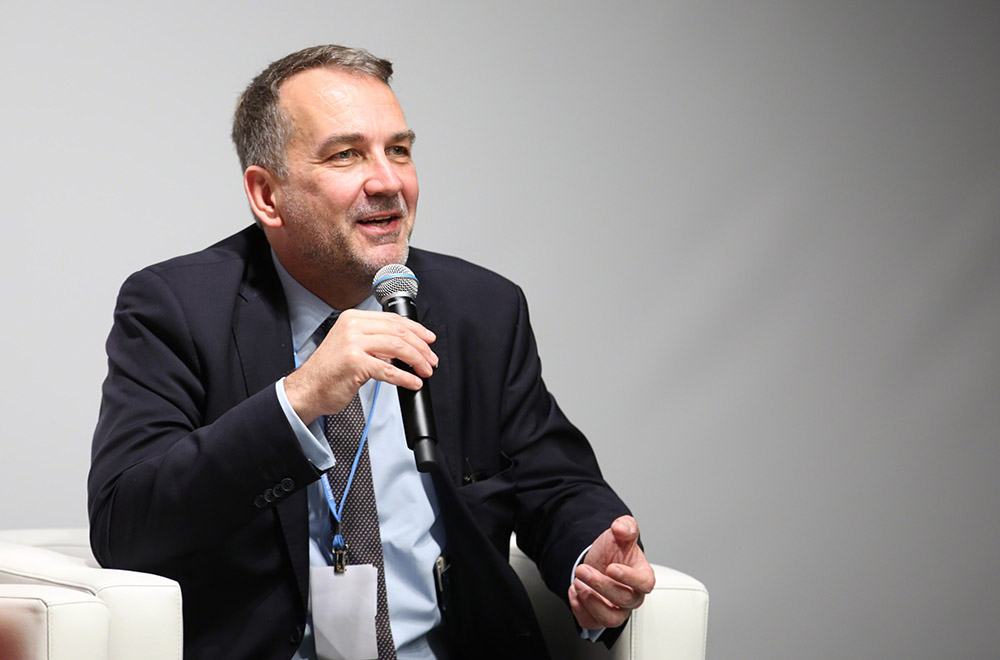
Martin Frick, UNFCCC Secretariat
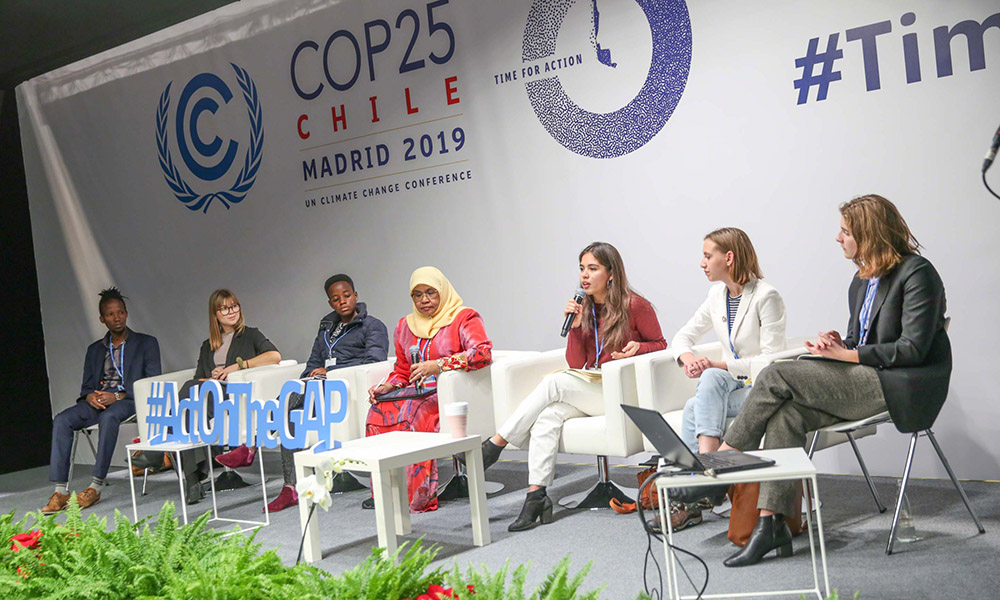
A panel discusses the leading role youth are playing in the climate movement.
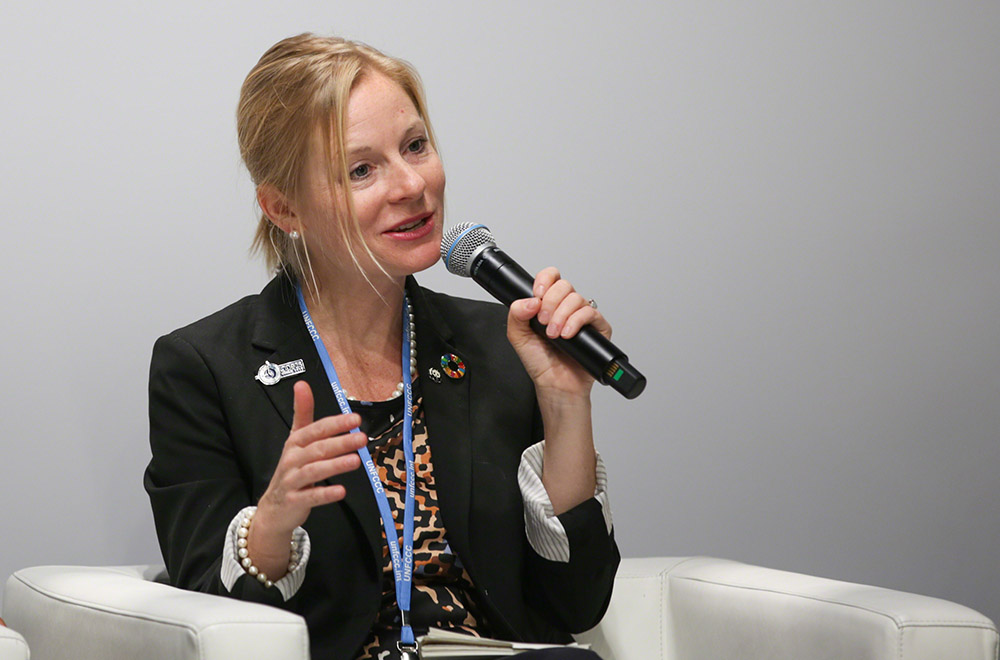
Jennifer Lenhart, World Wildlife Fund (WWF)
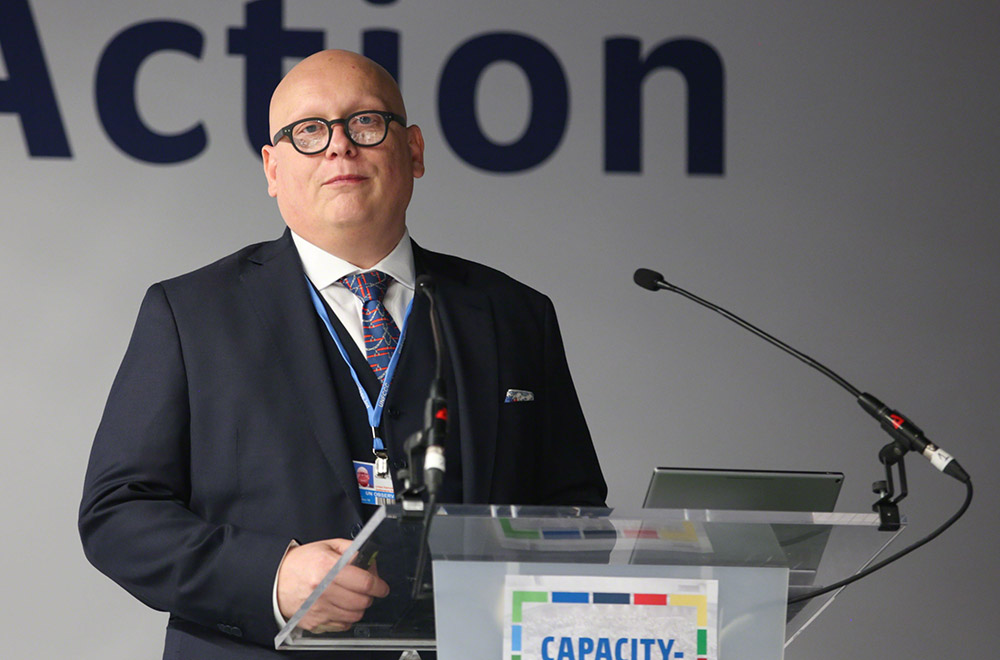
Nicola Tollin, University of Southern Denmark
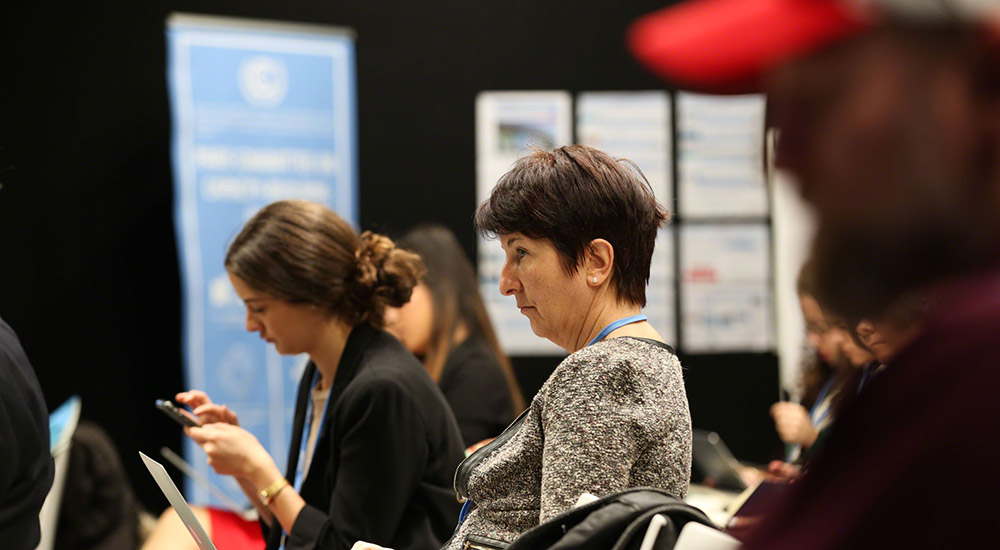
Civil Society Demonstration
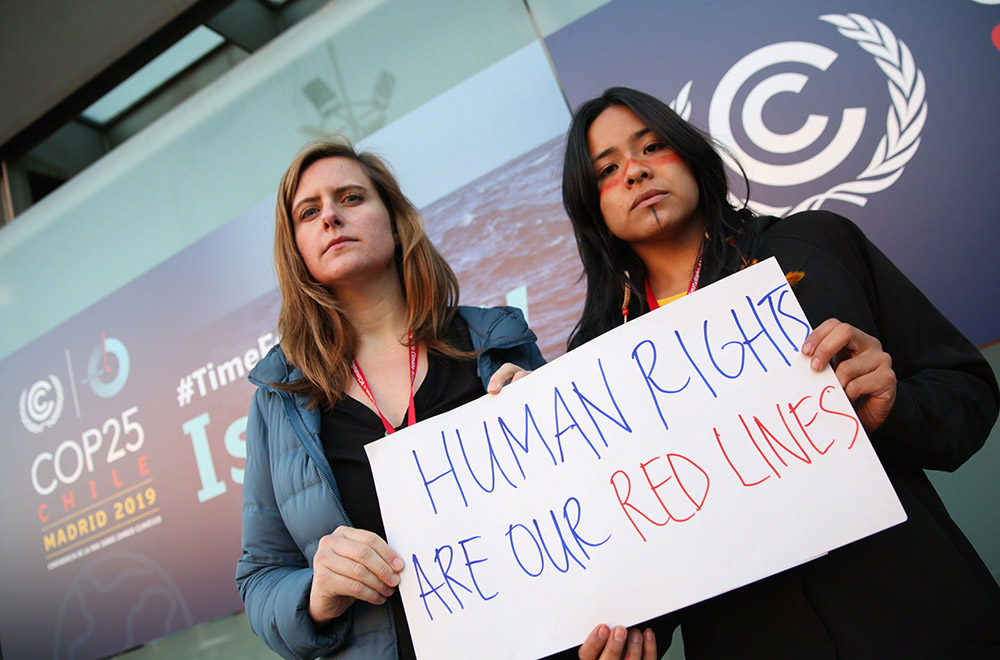
Representatives of civil society hold an action in the courtyard, stating that "human rights are our red lines."
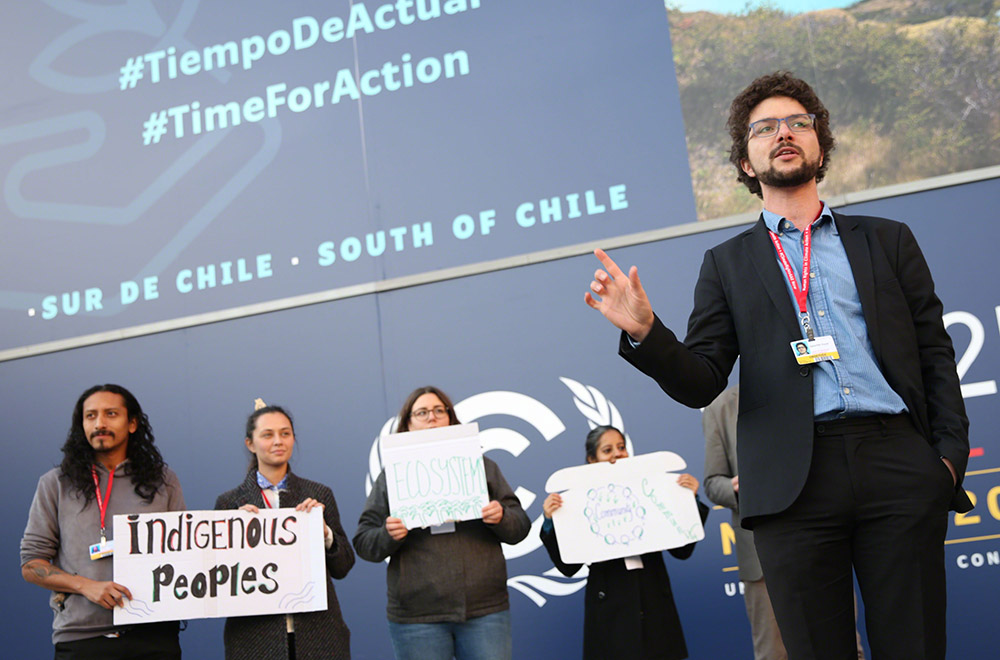
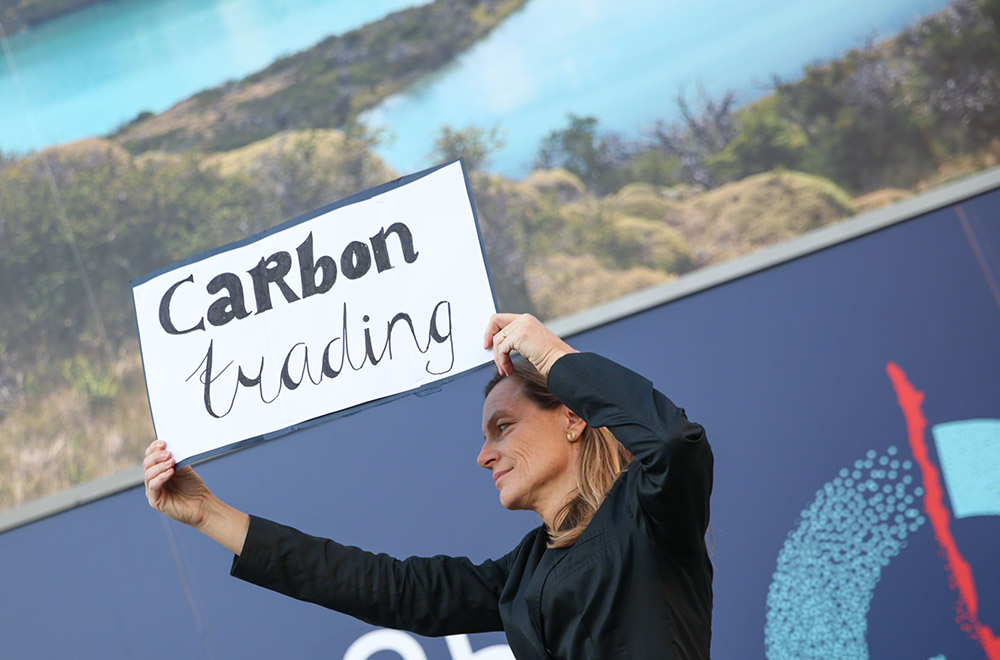
In a short drama, members of civil society caution against supporting carbon trading without adequate human rights, stating that this would lead to adverse impacts on Indigenous Peoples, communities, ecosystems, and workers. They stress that the only way this can be overcome is by ensuring that human rights are the bedrock of all negotiations.
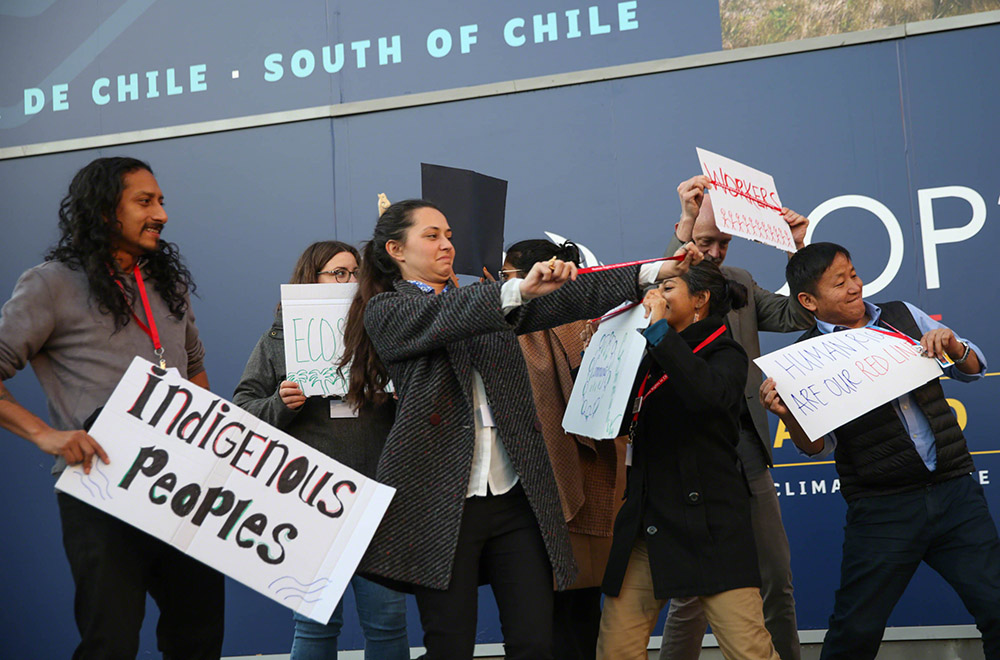
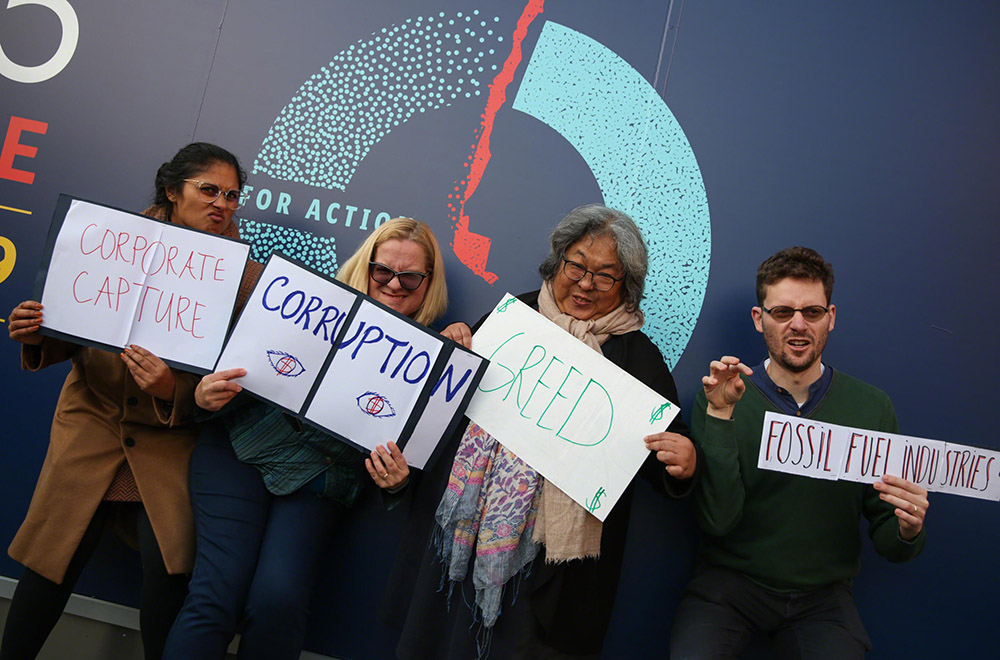

Around the Venue
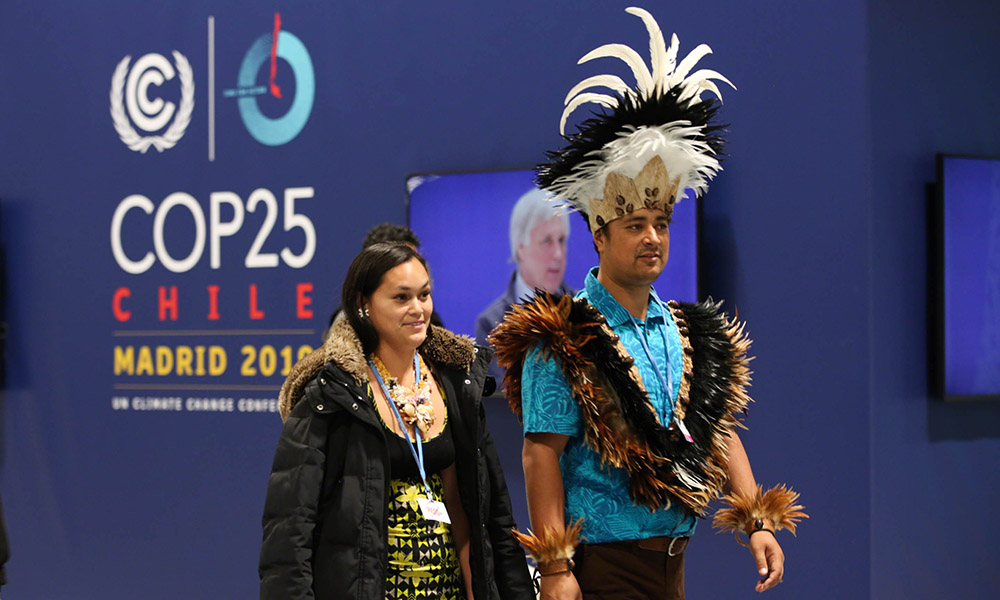
Delegates from Easter Island walk through the venue.
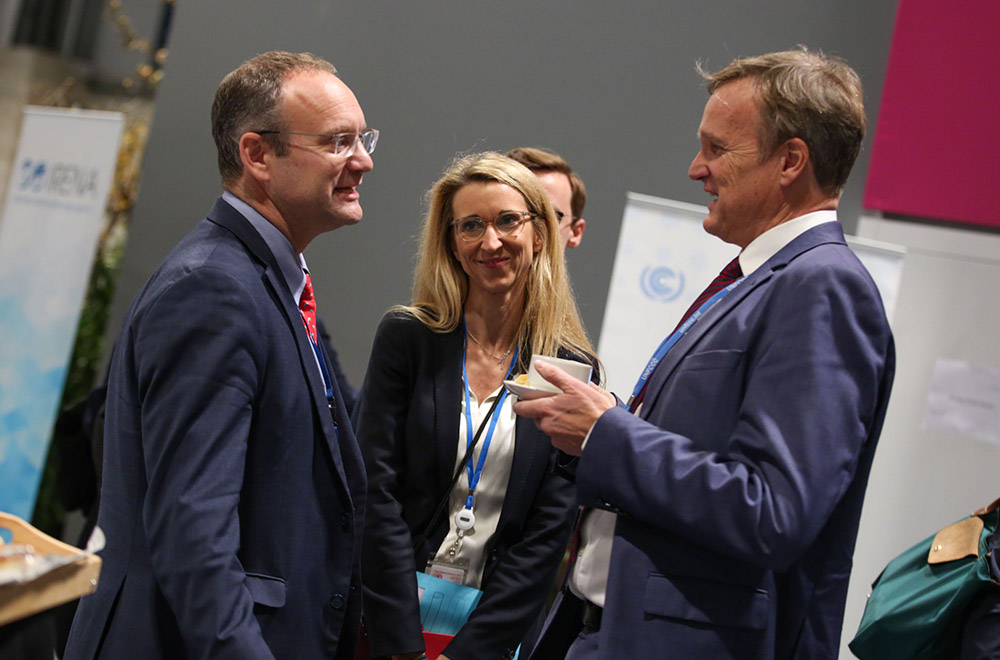
Gonzalo Muñoz, COP 25 High-Level Champion, Chile, speaks with Karsten Sach, Germany.
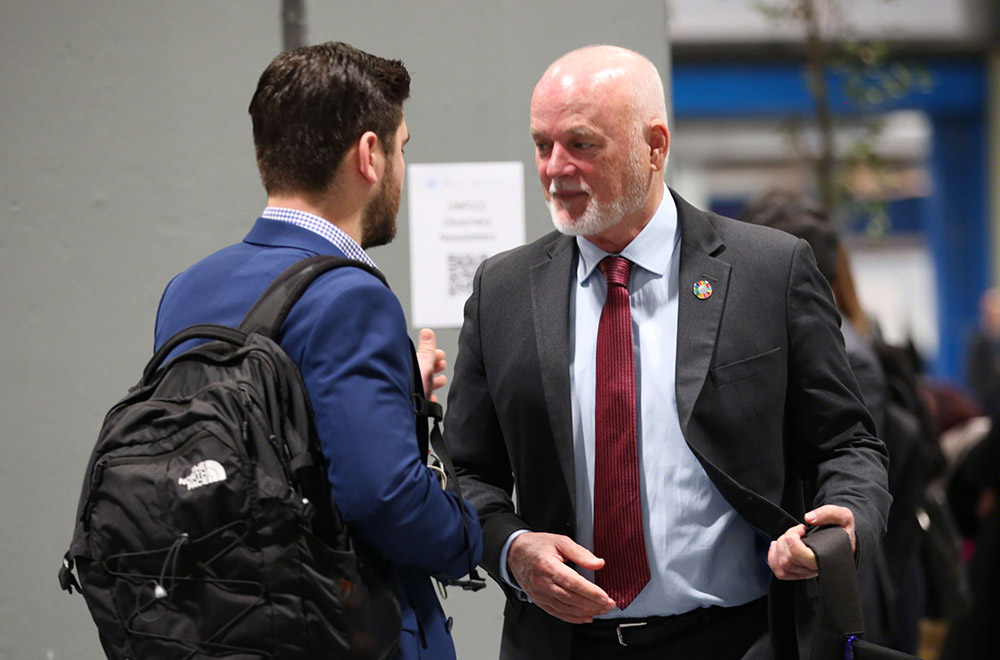
Peter Thomson, UN Secretary-General's Special Envoy for the Oceans
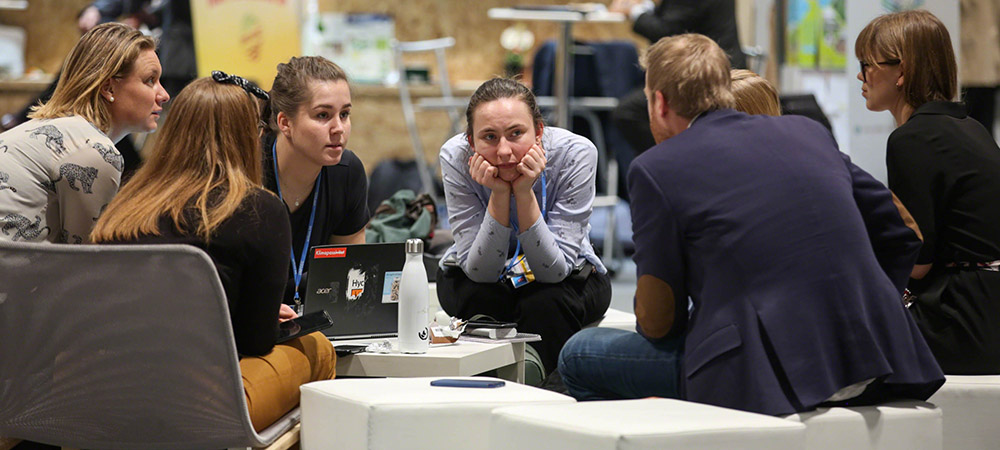
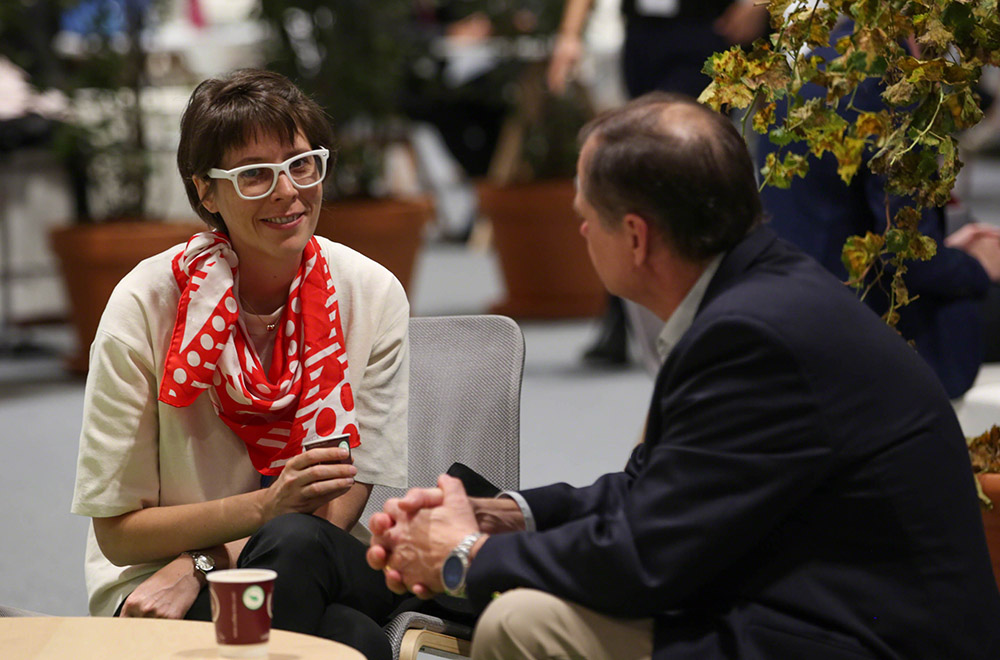
Delegates speak informally between sessions.
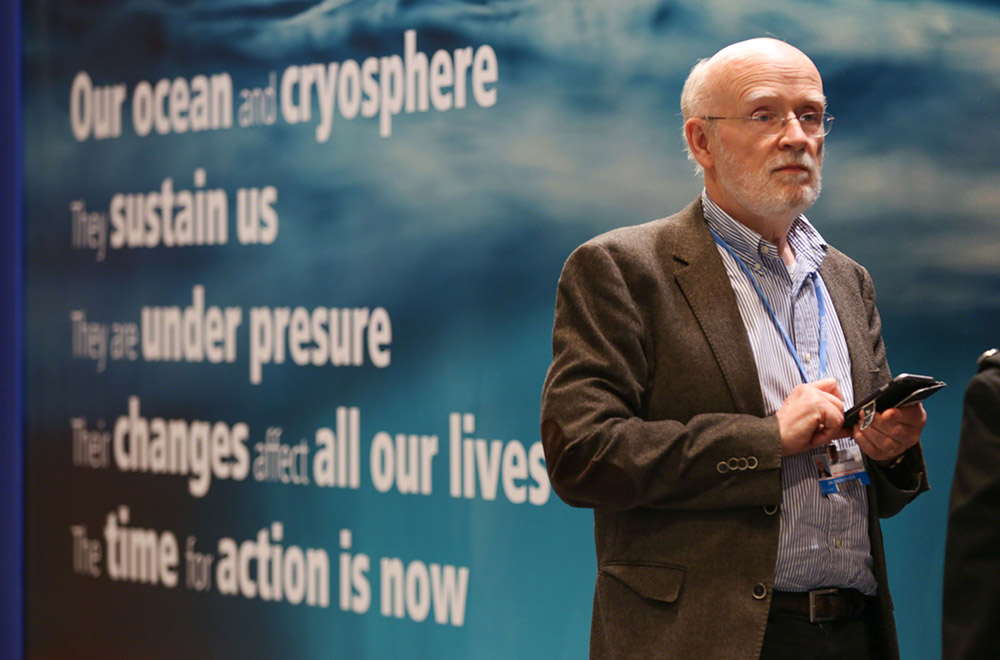
IPCC Working Group II Co-Chair Hans-Otto Pörtner

UN Security around the venue.

To receive free coverage of global environmental events delivered to your inbox, subscribe to the ENB Update newsletter.
ENB images are free for use with attribution. For the Chile/Madrid Climate Change Conference, please use Photo by IISD/ENB Kiara Worth.
